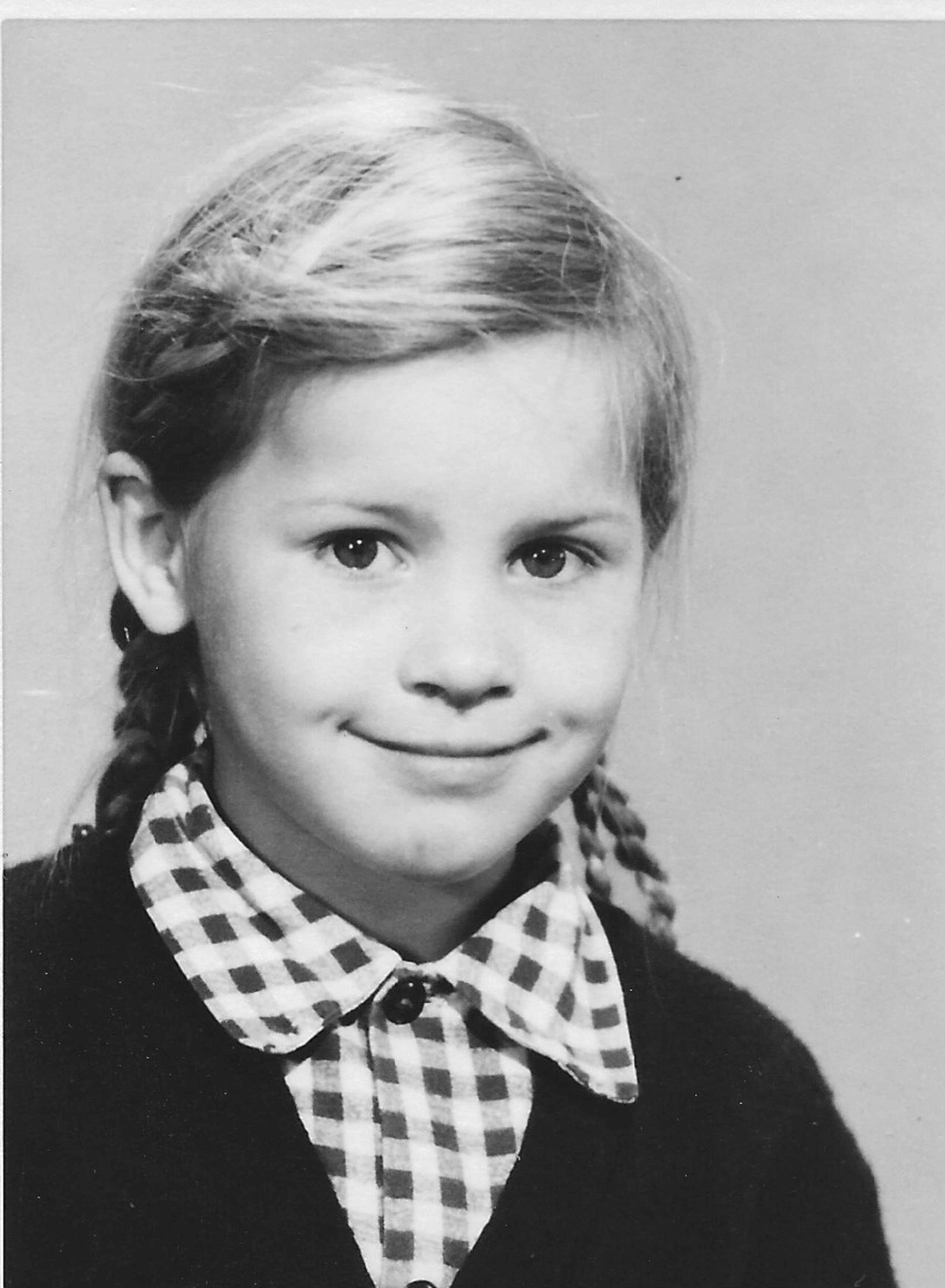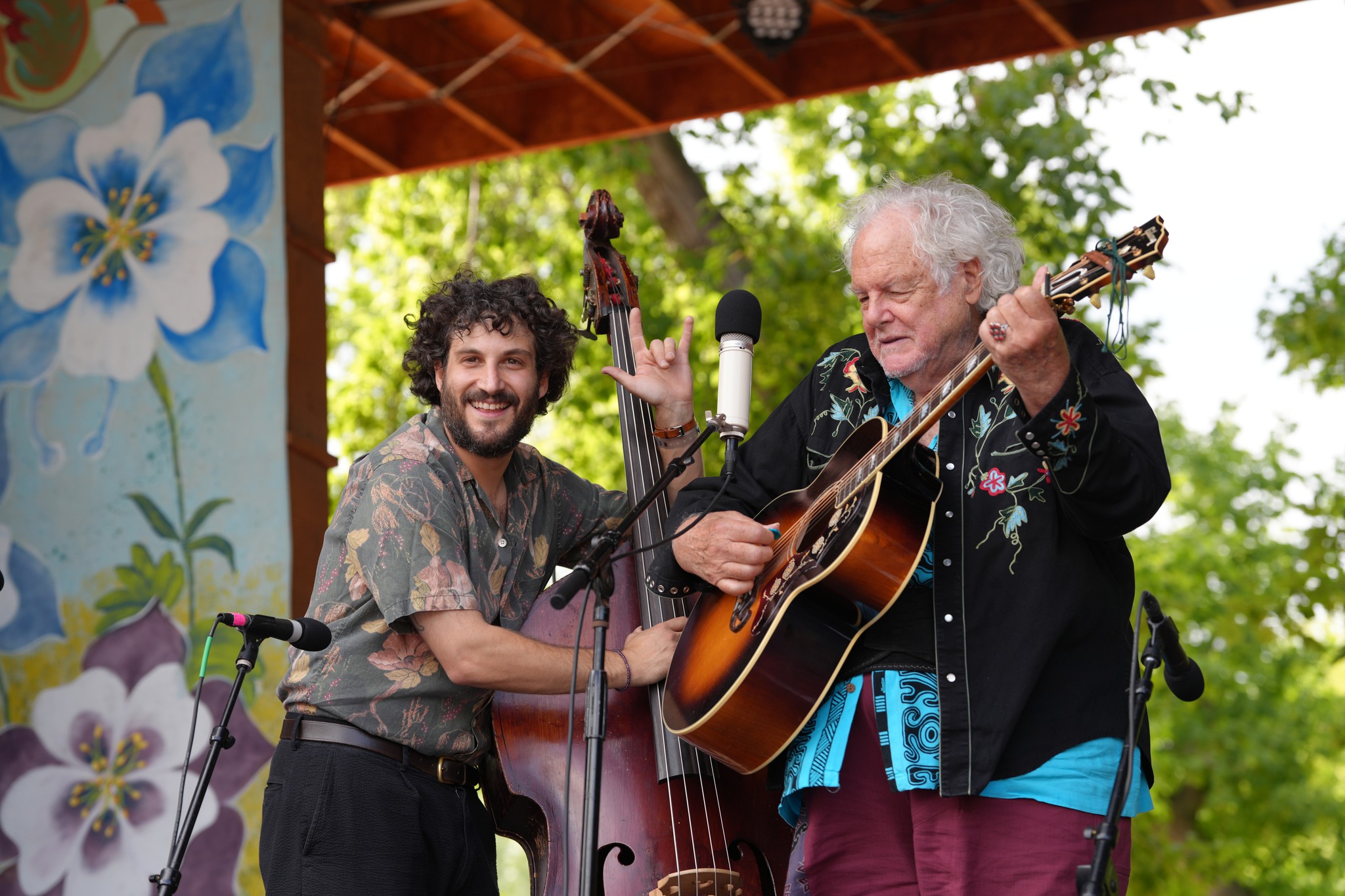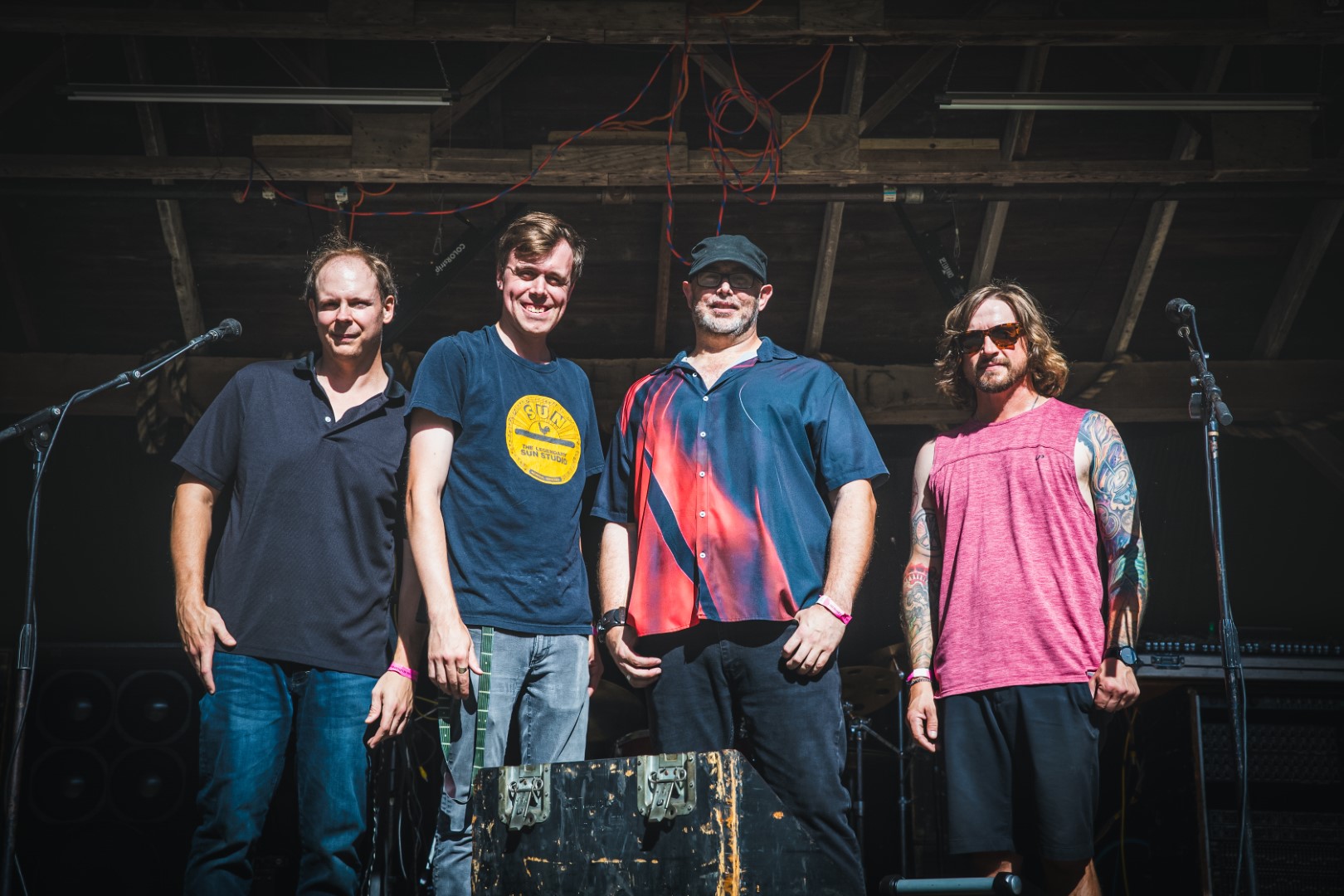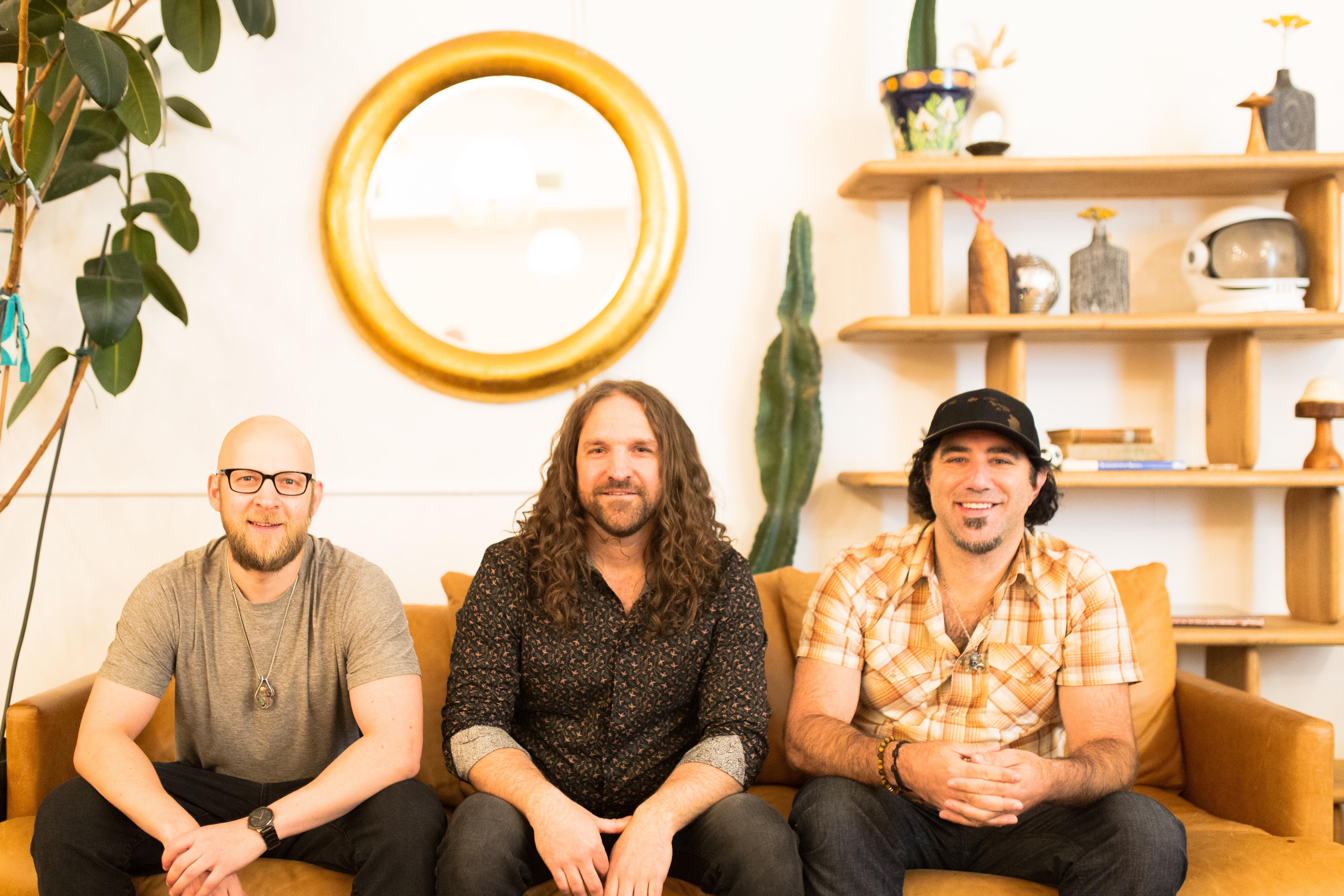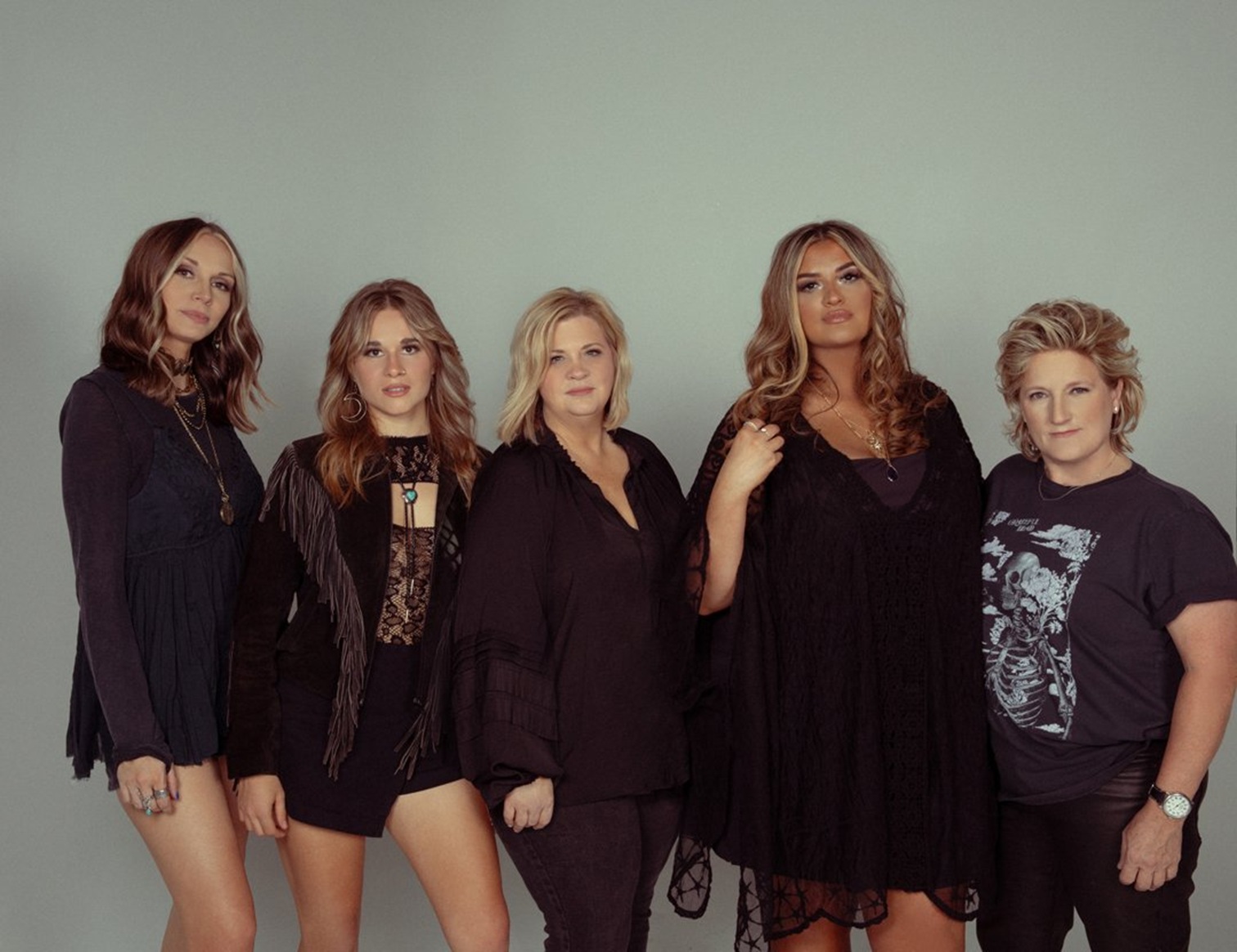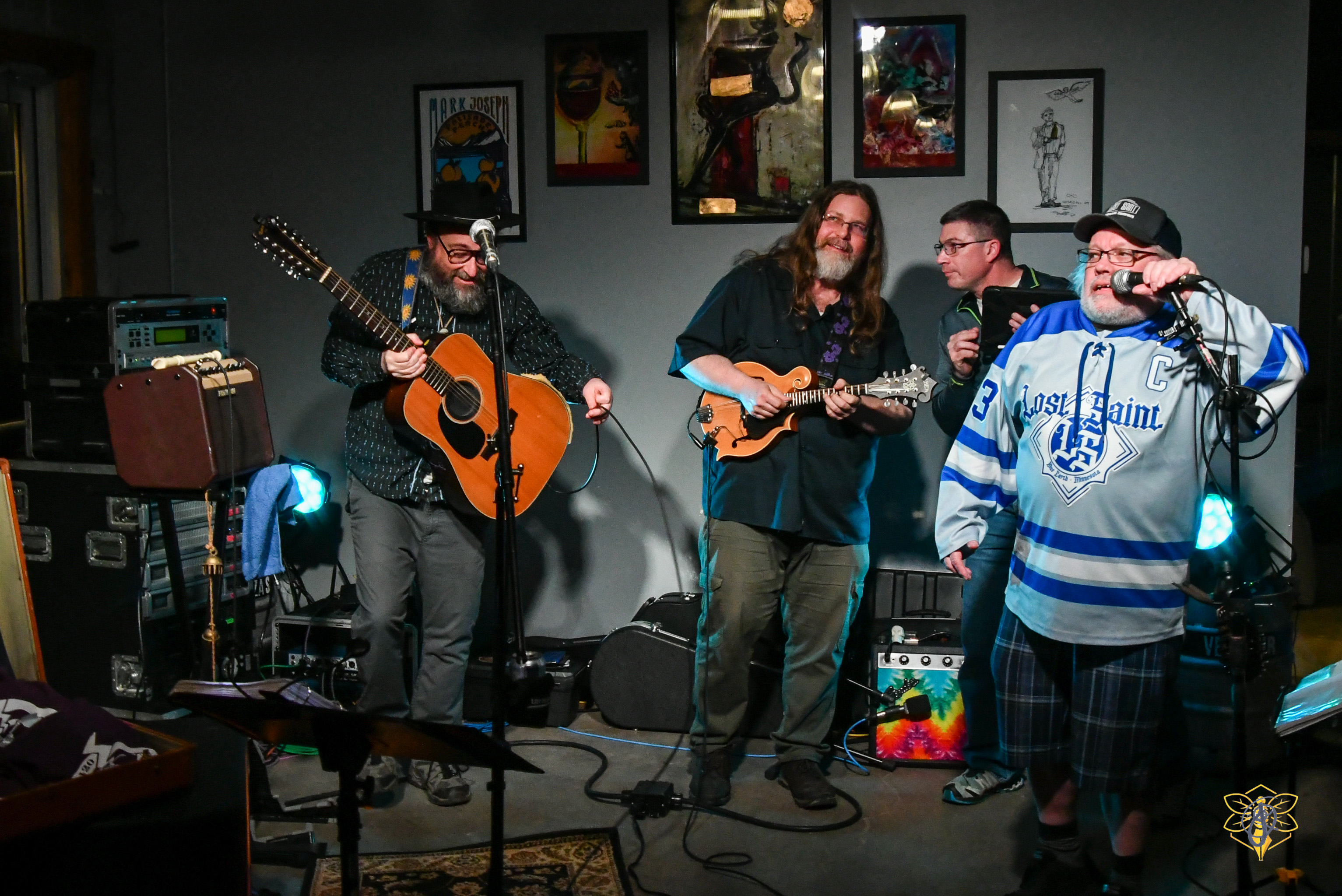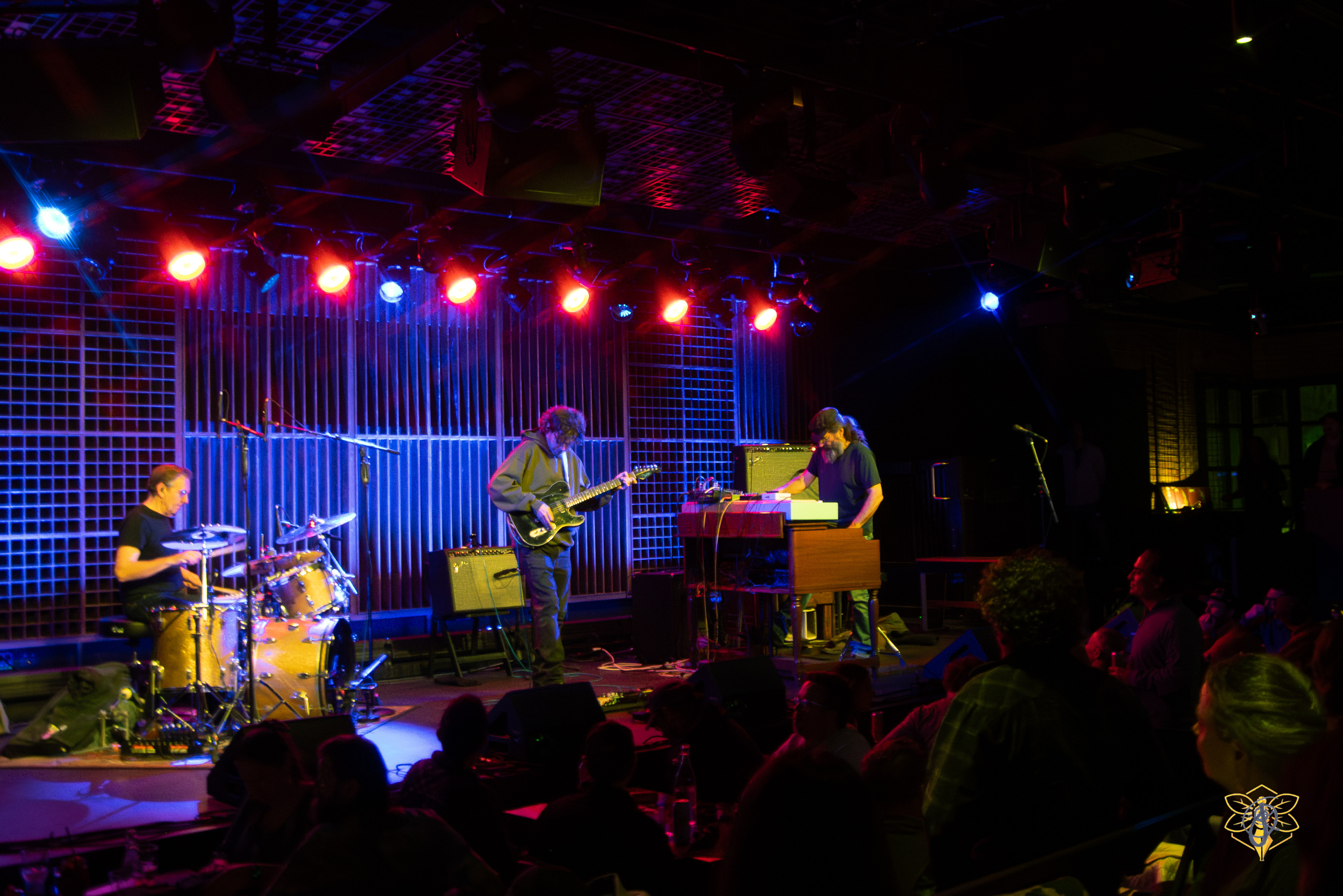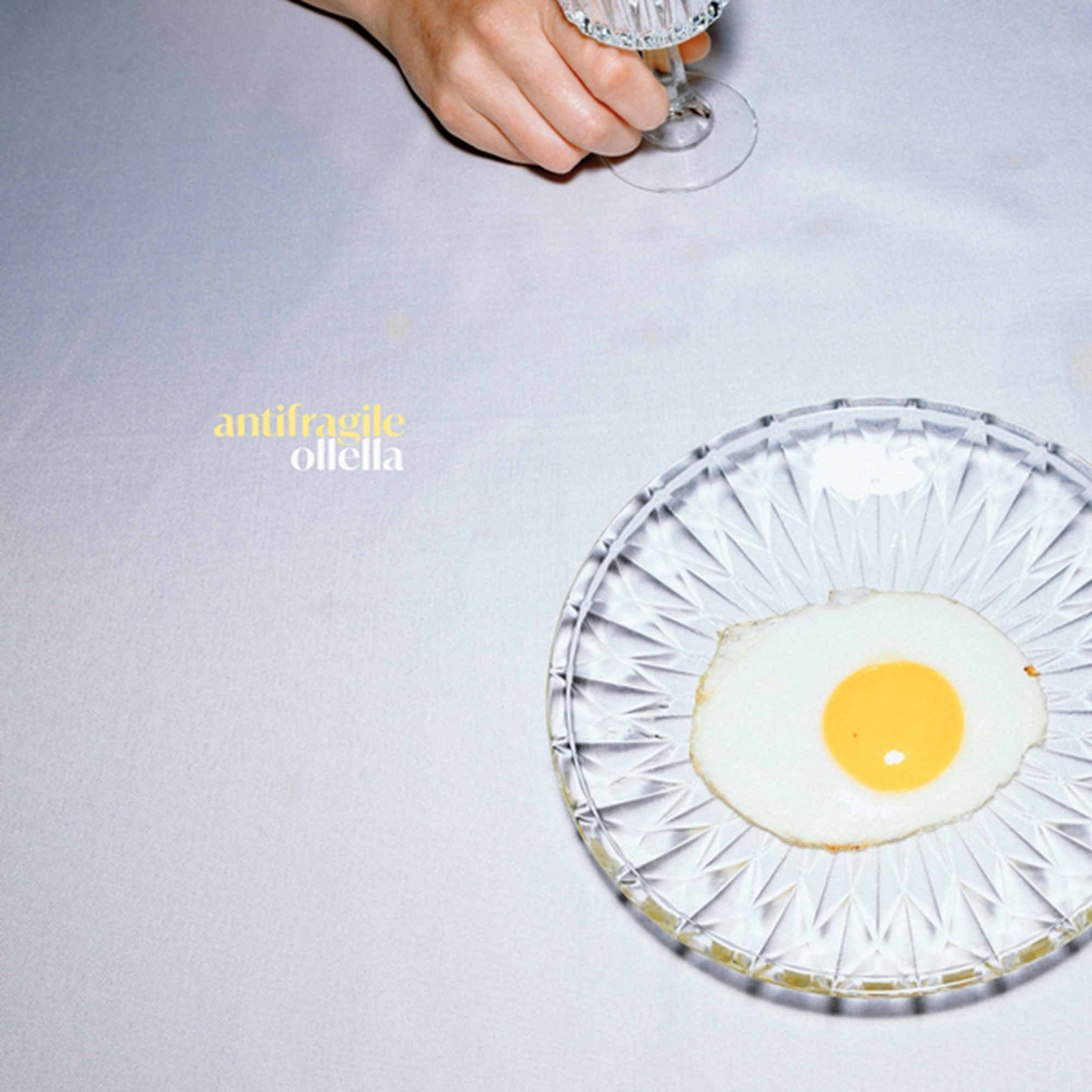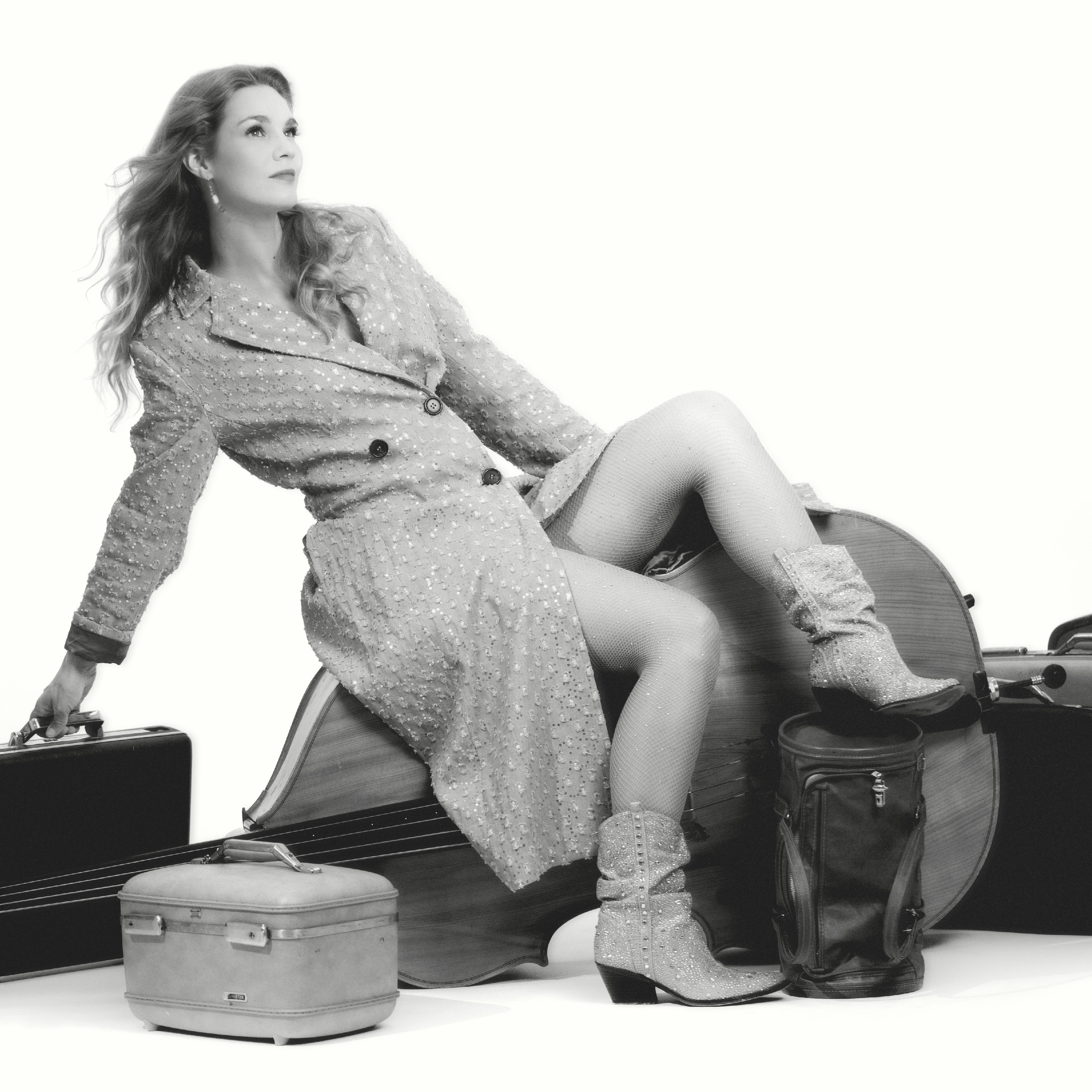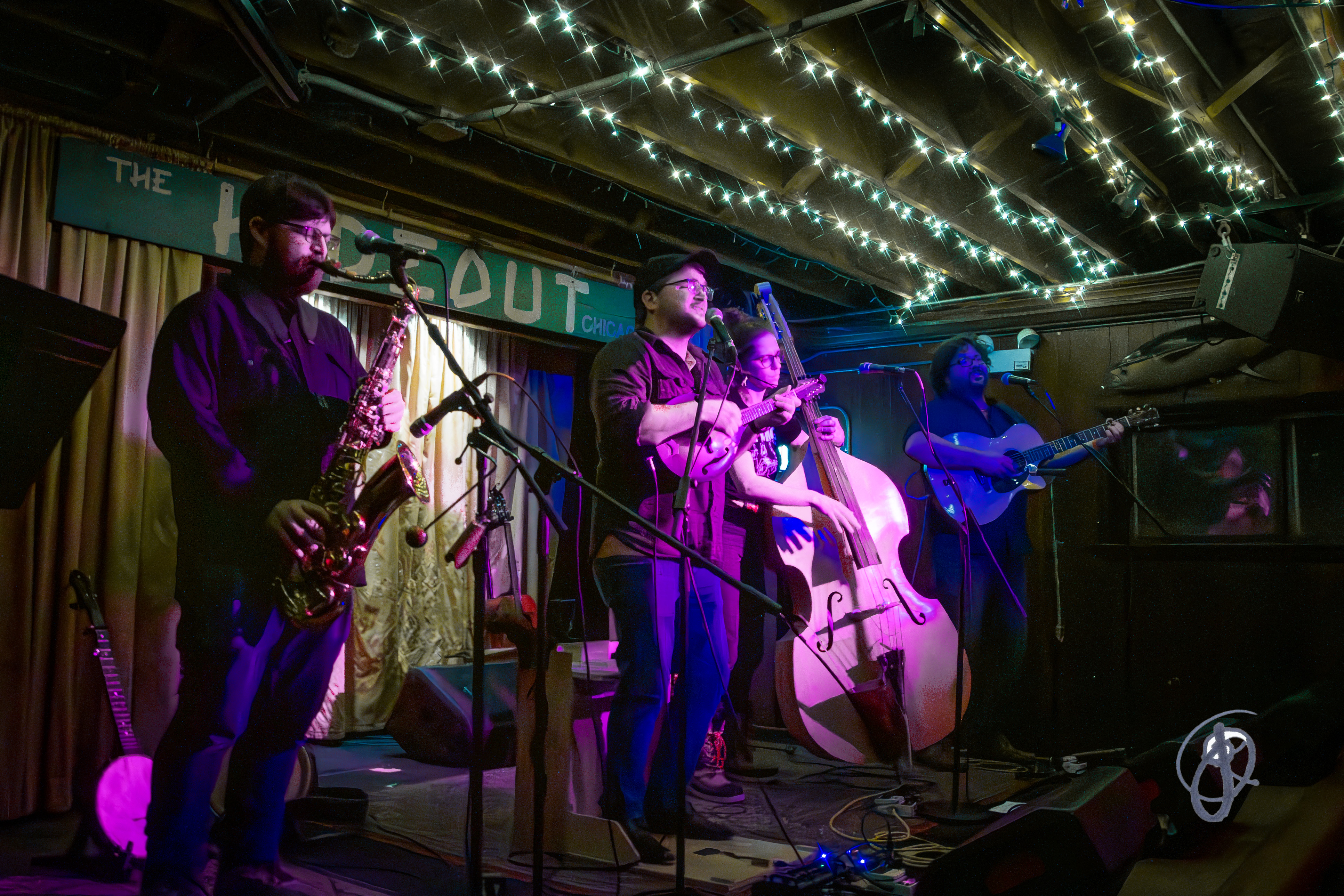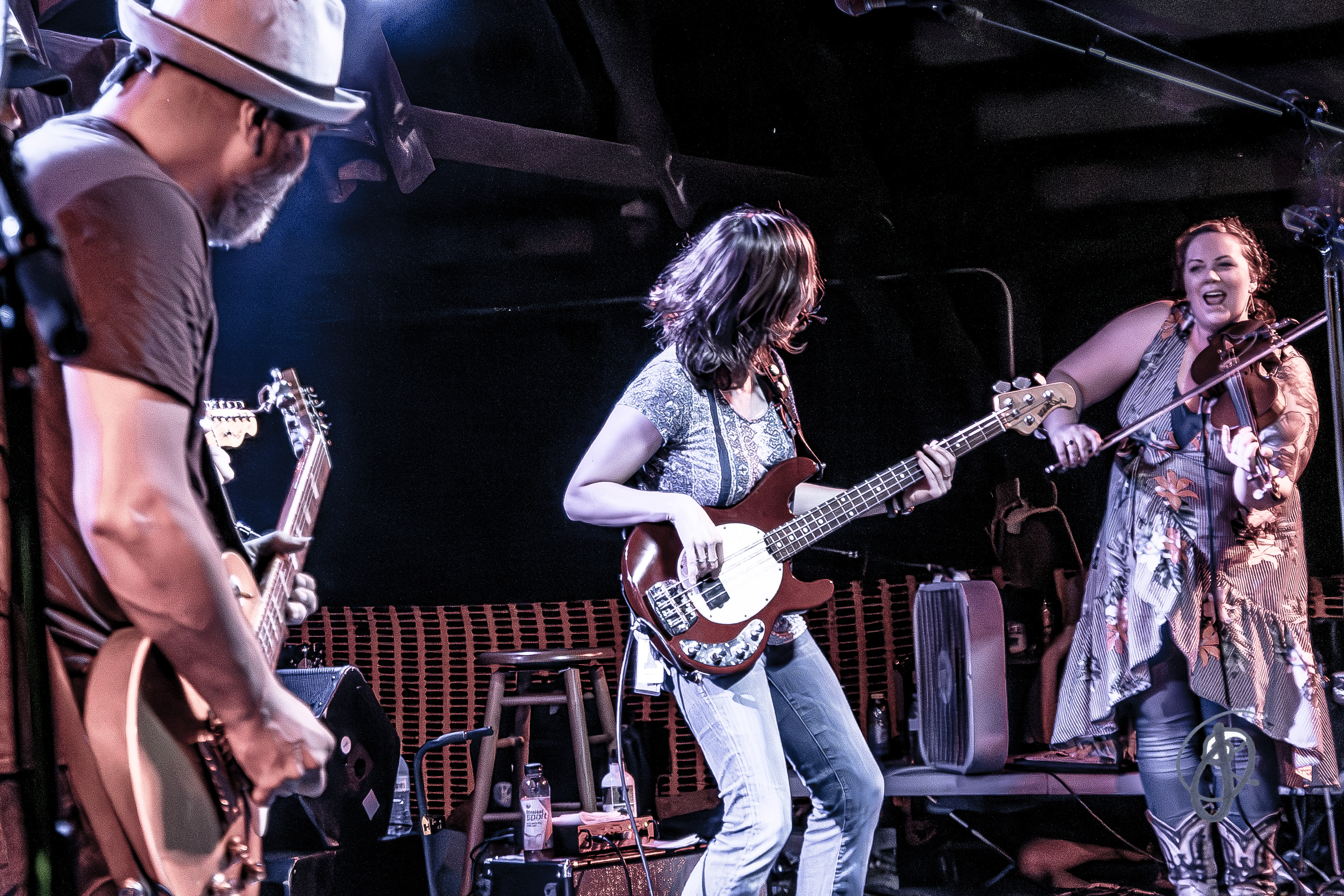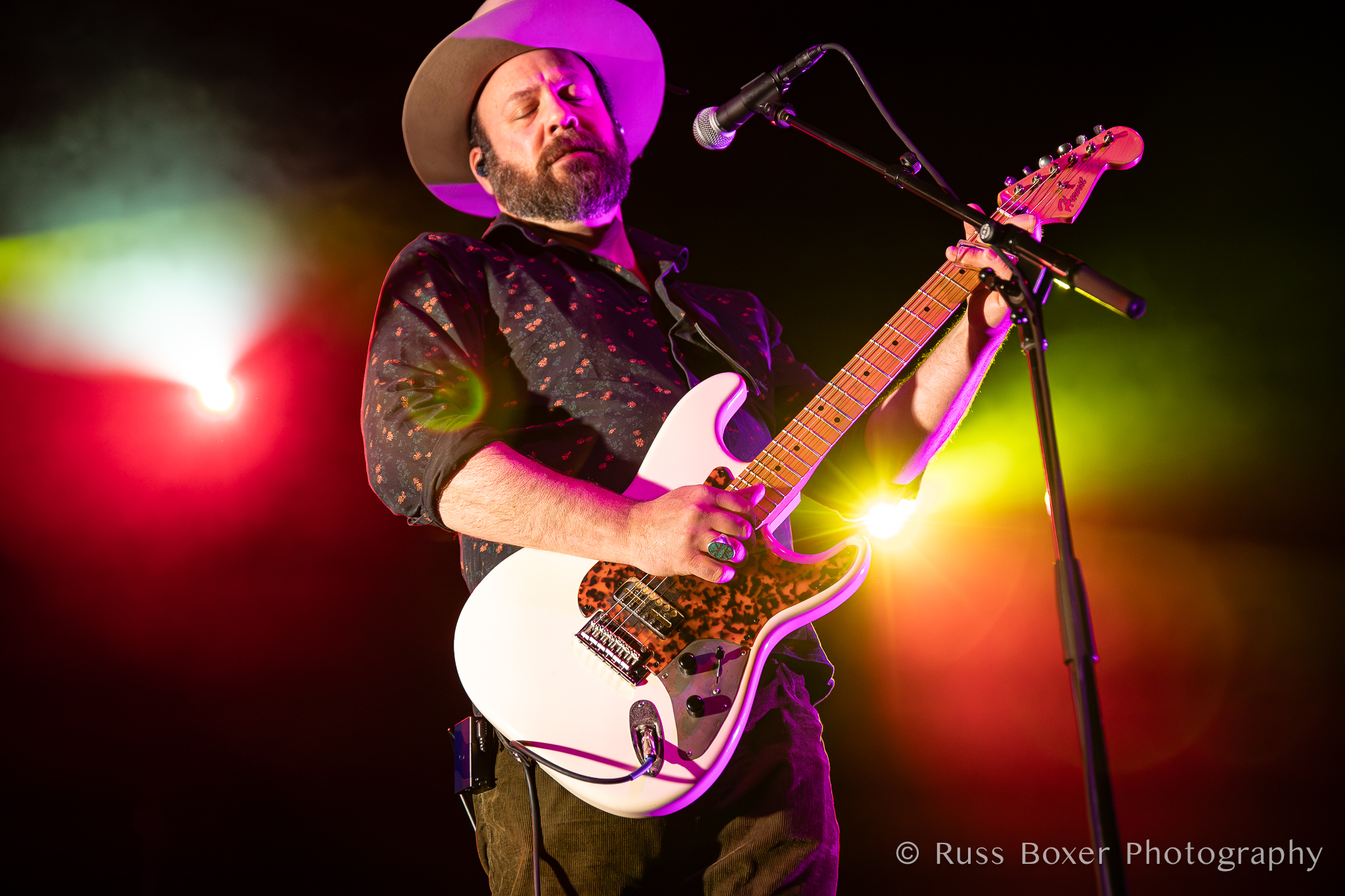Julia “Girl” Dreyer Brigden has published her memoirs of life as an untethered youth running around the Haight-Ashbury days of the ’60s in San Francisco. Her stories traverse the globe from being born in South Africa to trading for a manufactured ‘around the world’ ticket that got her from Istanbul to Toyko, to Europe and back to the tour bus with her then-husband, David Freiberg ( Quicksilver Messenger Service /Jefferson Airplane/ Jefferson Starship). In this delightful read, she examines her journey through the lens of written tradition. This book preserves a woman’s perspective from the Summer of Love. Grateful Web had the chance to chat with Julia Dreyer Brigden about her new book, “Girl: An Untethered Life.”
JDB: Where are you?
GW: Grateful Web is based out of Boulder CO but I am calling you from the far southwest suburbs of Chicago.
JDB: I like Chicago, it’s a handsome city.
GW: It is! In your book, there is, probably my favorite character of all your stories, Ron Polte. In your book, he shows up as the manager of QuickSilver Messenger and then later shows up getting you into the trade show circuit.
JDB: That’s right. Sadly, he passed away about a year ago. He was quite a character. There was a whole contingent of Chicago that he and Nick the Greek and a guy named Sam Masina that were for me, very exotic being a California kid. They had a nice attitude. Anyway. Yeah, you guys are exotic.
GW: I made a note about him because you wrote that. “He didn't know what he wanted, but he knew what he didn't want.” And I was wondering if that kind of wore off on you or... just kind of fishing for more stories about him.
JDB: Oh, well he has gotten himself in some bad trouble in Chicago and you know, cause he grew up on the wrong side of the tracks. So he ended up in prison and freshly out of jail when he came out here looking for a different life. Yeah. I think I mentioned in the book, I think it took some psychedelics along the way and everything sort of changed for him. You might be able to relate to that. I don't know.
GW: Yeah. Maybe? *Chuckle There were so many things throughout your entire book that are very, for me anyway, very relatable. I love how you're reflecting on yourself and that you were drawn to plants and animals. You know, as far as psychedelics go, you wrote, “our thought processes were becoming less linear.”
JDB: Yeah.
GW: Thinking along the paths of the stories you recount, have you read the new book by Michael Pollen? He did the Omnivore's dilemma and then now he just wrote a book called How To Change Your Mind.
JDB: Oh no, I think I heard him interviewed on NPR at one point.
GW: I read that book before yours and the story goes that the author is later in life and just now trying psychedelics for the first time ever... Psychedelics and having guided journeys and scientific procedures. So I just thought your book is such a great companion with your firsthand experiences of all this when it was breaking ground in such a big way in the ’60s.
JDB: I better check it out. I noticed I haven't taken a psychedelic in years, but it certainly had an impact on mine!
GW: It would be quite the opposite side of the coin. You're doing it when you're young and he didn't, I think he might've once or twice, but he really didn't, you know, have the crazy life that you did. So now here he is at age 62 I want to say, and he's trying it for the first time.
JDB: Wow. My father had a drinking problem and he asked me one time if I could get him a psychedelic because he had heard that they were using that treatment. He was about either 60 at the time and I thought, Oh my God, he's way too old. I couldn't do that to him. You know, the whole spot of feeling frightened. In hindsight now it's a pity I didn't.
GW: Hindsight is 20/20. Speaking of which, how did you feel… it's one thing to recount your story, it's another thing to see it in black and white on the page. How did it feel for you putting all of your experiences, you know, very candidly with drugs and, as if sexual assaults were a commonplace occurrence for you; I imagine that'd be really vulnerable and raw. How was that?
JDB: You know, uh, it was pretty vulnerable and raw, but at the same time, I found it really cathartic. I look back and I thought, what was I thinking? Oh my God. But, I felt so sort of charmed to get away with everything I got away with and not end up dead somewhere. I think about my poor parents. Oh my God. But, it didn't disturb me having written about it. It was kind of a relief. And I thought so that's what I was doing, that’s what that looked like
GW: More of a synthesis
JDB: And I honestly, I don't regret much but I regret that I wasn't a better mom for a while. But (Jessica, her daughter) she's turned out great and we’re very close. So she survived. She has her dad's (David Freiberg) genes, very solid middle American.
GW: How does she feel having tales of her childhood with the Grateful Dead running naked in her front yard?
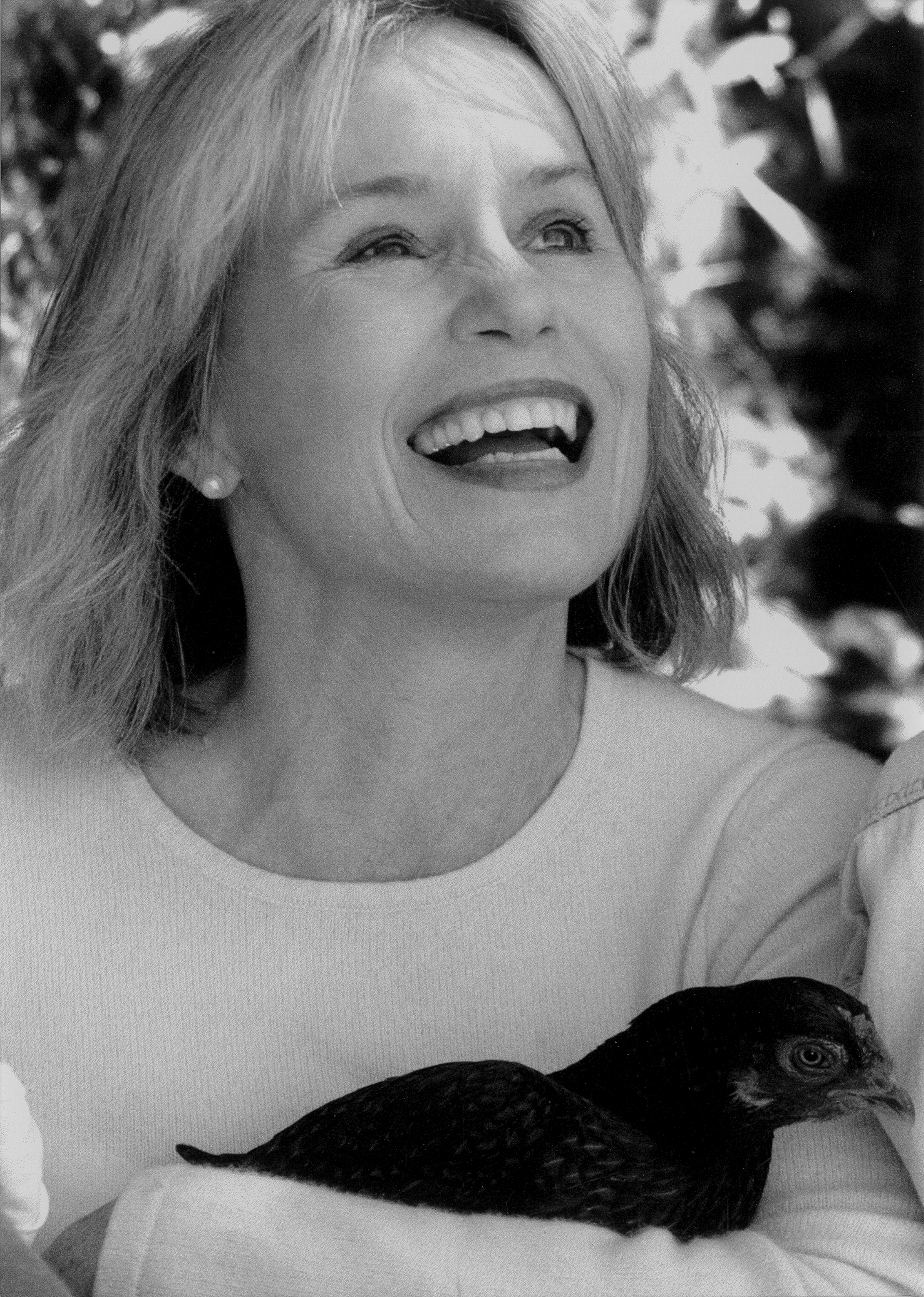
JDB: She really enjoyed it. She loved the book. She helped me with the editing actually. She's a very organized, efficient person. That was such a good thing because she kept me sane. She went, ‘Oh yeah, I remember that. Don't forget to tell them about this!’ Initially, I was just writing it for my kids because I was thinking about my own parents, but in my eyes. I was thinking I wish I had asked my dad about his first date and, and you know, who was he? Was he the cool guy? I kind of knew the answer to that, but so I said, okay, I'm going to leave this information for my kids. But then I was taking this writing class and people liked the stories and wanted to know the rock and roll stuff too. So it kind of morphed into something else.
GW: It's just such a great portrait of, I don't mean to label you if you don't want to be labeled, but you were very feminist in your thinking and your attitudes. It's a tale of metamorphosis through the lens of your sexual identity at a time when it wasn't as easy to be a woman. Not that today is perfect but we sure have come a long way.
JDB: It wasn’t at the forefront of people's minds at the time. I felt really awkward about it for a while, but they just had to catch up with me. Hey!
GW: Who was it that planted the seed? There was one part where somebody had asked you why you go by the name Girl and not use Julia. Who was that?
* the book also tells of a story where Julia needed help to quit an addiction and called Grace Slick who told her just how to get involved with a 12 step program*
JDB: Oh, correct. Who asked me that one? The reason I was called girls because I had all these brothers and it was kind of hard to keep track of everyone's name, you know, as you're filing down the stairs and the like. So my mom called ‘girl’ out because I was more identifiable. And I think my brother Chris also started calling me that. And then in South Africa where I was born, parents often call their kids, my boy, and my girl. So it just kind of stuck.
GW: Yeah, I can totally appreciate that. I'm the baby of six so I really related to the beginning of the book when you were talking about (youngest brother) Tom. You wrote about how the baby of the family is supposed to be the spoiled one, but he didn't really get spoiled. I get that.
JDB: That's right. Yeah.
GW: The stereotype versus reality. I really enjoyed that.
JDB: It was fun to come from a big family, wasn't it?
GW: Hm. It keeps you on your toes.
JDB: I think it makes you tough too.
GW: Sometimes I feel like I thrive better in chaos than the desired peace and quiet that’s good for ya.
JDB: There was an article in the New Yorker a while ago and this woman was saying that she wished her kids got along better because her husband's family, they all are were really close siblings. And her husband said, the answer to that is if you want to have kids that like each other and get along as adults, he said, have a really dysfunctional marriage, family and a lot of fighting. That way the kids kind of bond together. And I think it's true.
GW: Well I wouldn't say we're very close. There was a lot of dysfunction, maybe so much so that it just overrode everything else and we're not very close in age. My oldest siblings are twins and they're 19 years older than me, so my mom had a kid in every generation.
JDB: Yeah
GW: I loved you had written, “Bands need a family therapist on the payroll.”
JDB: But that's the truth. My current husband manages bands and its still true.
GW: You have been around some time defining iconic music. What is in your CD player? What are you listening to in your car right now?
JDB: Oh my God. Ryan Adams. I like Americana music myself. That's my favorite. And Lucinda Williams, that kind of genre - singer-songwriters. Are you watching the country music series on PBS? It’s a Ken Burns’ series and if you're not, you ought to. It's brilliant.
GW: I will check that out!
JDB: So let me tell you a funny story. So when I first time I met Mickey Hart, no, not Mickey Hart, I'm sorry, Bob Weir we were at a place called Rancho and poly, which is a place that the Grateful Dead inhabited for a little while. And they were throwing these parties there and we were teenagers. So I went to this party and I saw Bobby Weir and I thought, ‘who is that preppy young kid here? What is he doing here?’ So wholesome and clean-cut, anyway, it turns out we've both been to the same prep school/high school.
GW: No kidding! He was younger than the rest of the guys, wasn’t he?
JDB: As was I. So we're pretty much the same age. Yeah.
GW: Wonderful story of, if for anything the time capsule of traveling pre 9/11. I thoroughly enjoyed that. Can you even believe that that's how you used to be able to travel?
JDB: No, I can't believe I put myself in those positions, but I'm sort of glad I did now that I survived. It was a lot of fun.
GW: That's it. You say you were becoming feral and loving it. Can you tell us more about that time? Many people consider that to be a dangerous time to be alive and you keep saying that you “survived” it. It seems like a fantastic adventure.
JDB: I think I was pretty innocent and I like people so I assumed that they would like me and everybody was going to be nice, which wasn’t always the case. It was just something about me that had the crave, the wanderlust and need for a crazy adventure. I just love the abandonment of sleeping on the roadside, just living by the *chuckle* time clock or living by the stars and waking up in the morning and not knowing where you are going on what was gonna happen, it just seemed really romantic and exciting. And it was.
GW: And what you do now?
JDB: What do I do? Well, let’s see, we live in a country where there are fires everywhere and I write for my own amusement. I mean, I'm 72 years old now. I work in the garden a lot. My husband manages a good guitar player, so I go on tour a lot with him, which is really fun. When we're on tour, I keep it a blog going about what's going on and who’s saying what and what it all looks like.
GW: Is that public?
JDB: It's on my Facebook, I should probably turn it into a blog. I'm just getting lazy. I can't believe that this age, I still like to do that. You know, I like sleeping on a tour bus waking up in a new place and hanging out with a bunch of people. It's just like being in a family.
GW: I love it, and it sounds like that was your childhood, so once you were left to your own devices, you repeated what you knew.
JDB: Yeah, it's true. I guess I liked it as well, it’s true I've been a spoiled child all my life. I look back and I know I've been really lucky. Unfortunately, I'm not healthy now so that'll be my next adventure. The next step, it's always been interesting, now it gets boring. So we'll see.
GW: Always an adventure! Thank you for writing it down and sharing it with us.





